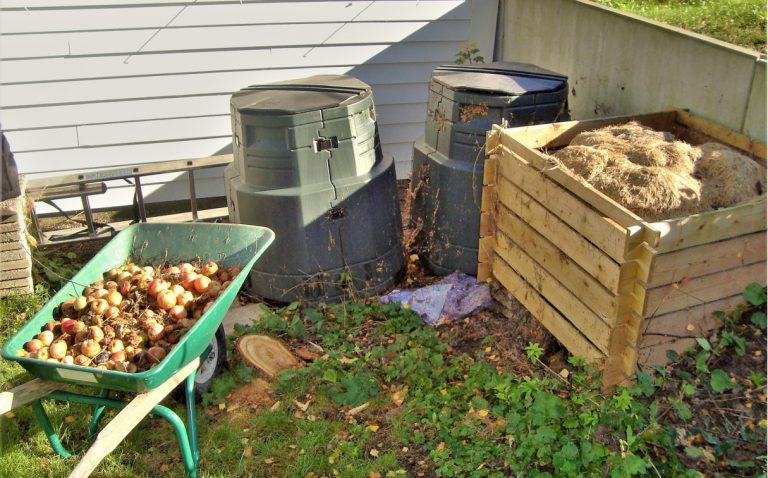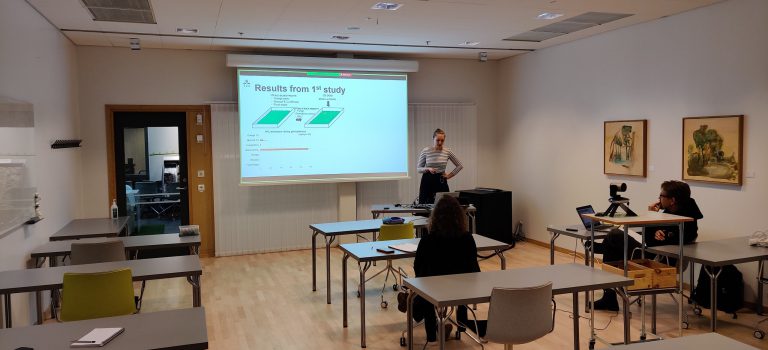Two treatment modules in form of modified shipping containers (6m x 2,4m x 2,5m) have arrived at Campus Ultuna and will house the larvae production for our animal feed projects.
One module (=first container) is designed to process the feed for the BSF larvae. This module consists of an area for milling and storing the feed stuff and washing the used treatment boxes. In the same module also the harvesting, washing and drying of the larvae is taking place.
The other module (=second container) is holding the treatment units, 22 racks with 11 boxes each. Each box itself can yield up to 2kg larval biomass reared on feedgraded organic sidestreams. The containers are well insulated against the current outdoor conditions of up to -15°C and a strong ventilation keeps the indoor environment at optimal conditions.
In future, the two modules can be moved and placed to any area with high waste generation. The modules each need a connection to electricity (32 amp) but only one of the modules need a connection to water and sewage.
The aim is to produce feed for our 5FiskiDisk project, rearing the larvae on bread and vegetable waste. For the chicken project, we will continue one of our projects from summer 2020 and will provide a total of 320 kg live larvae to the hens.
The project will use larvae provided by the fly colony at the SLU campus.




